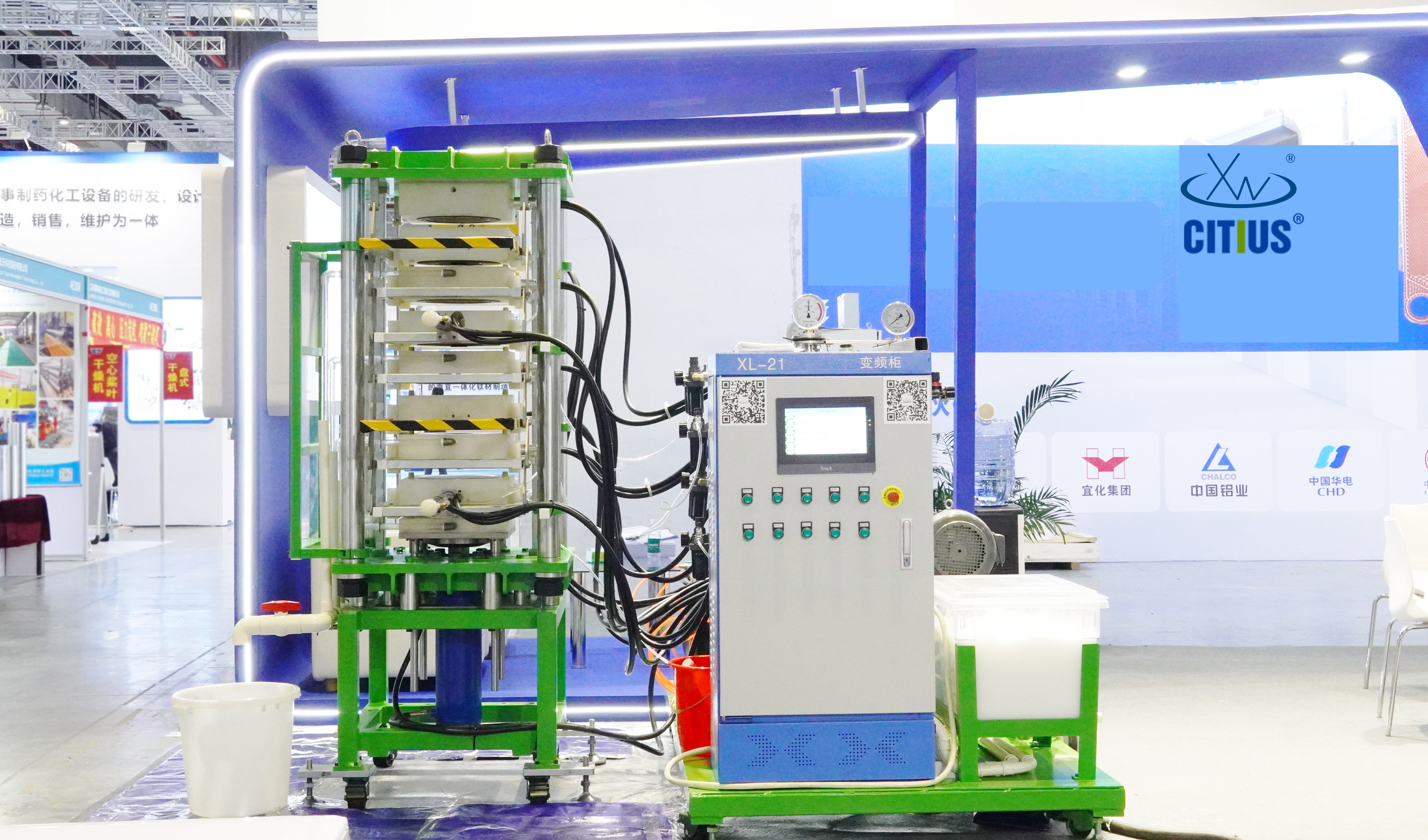The Unsung Hero of Filtration: Understanding Filter Cloth
Release time:
2025-07-03
What Is Filter Cloth?
When it comes to filtration, many people might think of fancy machines or high-tech gadgets. But let’s not forget the unsung hero of this world: filter cloth. This versatile fabric plays a pivotal role in separating solids from liquids, making it a staple in industries ranging from food production to wastewater treatment. So, what exactly is filter cloth? Simply put, it’s a porous material designed to allow liquids to pass through while trapping solid particles. Pretty nifty, right?
The Journey of Filter Cloth
Believe it or not, filter cloth has been around for centuries! Back in the day, ancient civilizations utilized various fabrics to separate grain from chaff. Fast forward to today, and we’ve got modern materials like polyester, polypropylene, and nylon at our disposal. These advancements have made filter cloth more durable, efficient, and suitable for a plethora of applications.
Why Is It So Important?
Now, you might be wondering, “Why should I care about filter cloth?” Well, it’s not just about keeping your drink clear of impurities (though that’s a huge plus!). In industries like pharmaceuticals, food and beverage, and even mining, filter cloth is essential for maintaining quality and safety standards. For instance, in the food industry, using clean filter cloth can prevent contamination, ensuring that the products we consume are safe and healthy. Talk about a game changer!
Types of Filter Cloth
Not all filter cloth is created equal. Depending on your needs, you can choose from various types:
- Woven Filter Cloth: This type is made from interlaced fibers, providing excellent strength and filtration efficiency.
- Non-Woven Filter Cloth: Crafted from fibers bonded together, this variety is typically more porous and allows for faster liquid flow.
- Composite Filter Cloth: This is a blend of different materials, offering the best of both worlds in terms of strength and filtration capabilities.
Choosing the right type of filter cloth can make all the difference in your filtration process. It’s like picking the right tool for the job—gotta get it right!
Applications of Filter Cloth
From construction sites to your local brewery, filter cloth has its hands in many pies:
- Mining: Used for dewatering slurries and separating valuable minerals from waste.
- Wastewater Treatment: Helps to clean and recycle water by filtering out particles.
- Food and Beverage: Ensures products are free from unwanted solids, enhancing quality.
And that’s just scratching the surface! You can see how critical it is across various sectors.
Choosing the Right Filter Cloth
So, how do you select the right filter cloth for your specific needs? Here are a few tips:
- Understand Your Requirements: Know what you’re filtering and the particle size you need to catch.
- Material Matters: Consider the chemical compatibility of the filter cloth with the substances you’re working with.
- Consult Experts: Don’t hesitate to reach out to suppliers who can provide tailored advice.
It’s all about finding that perfect match!
The Future of Filter Cloth
As technology continues to evolve, so does filter cloth. Innovations in materials and designs are making it more efficient and environmentally friendly. Sustainable options are on the rise, with biodegradable and reusable filter cloths making waves. This is a win-win for both the industry and our planet!
In Conclusion
There you have it, folks! The world of filter cloth is vast and fascinating. Whether you’re in manufacturing, agriculture, or even at home, understanding this essential tool can lead to better practices and outcomes. Next time you sip a clear glass of water or enjoy a delicious beer, take a moment to appreciate the filter cloth that made it all possible. Cheers to that!

